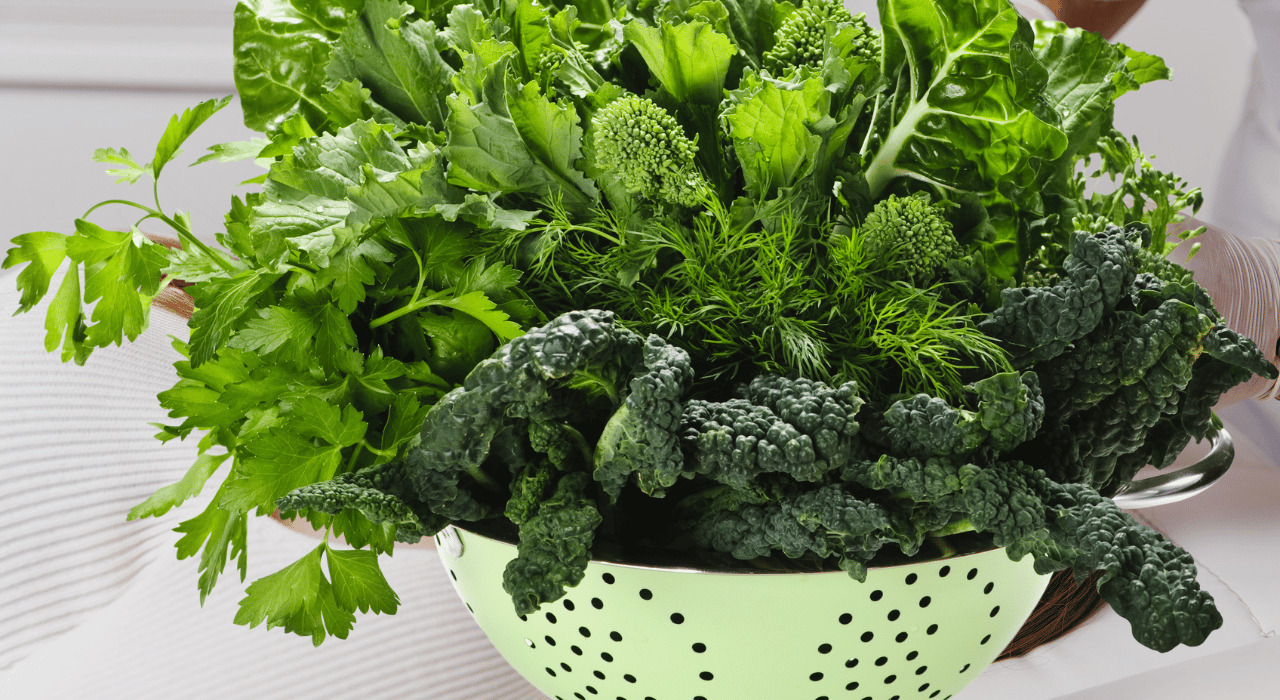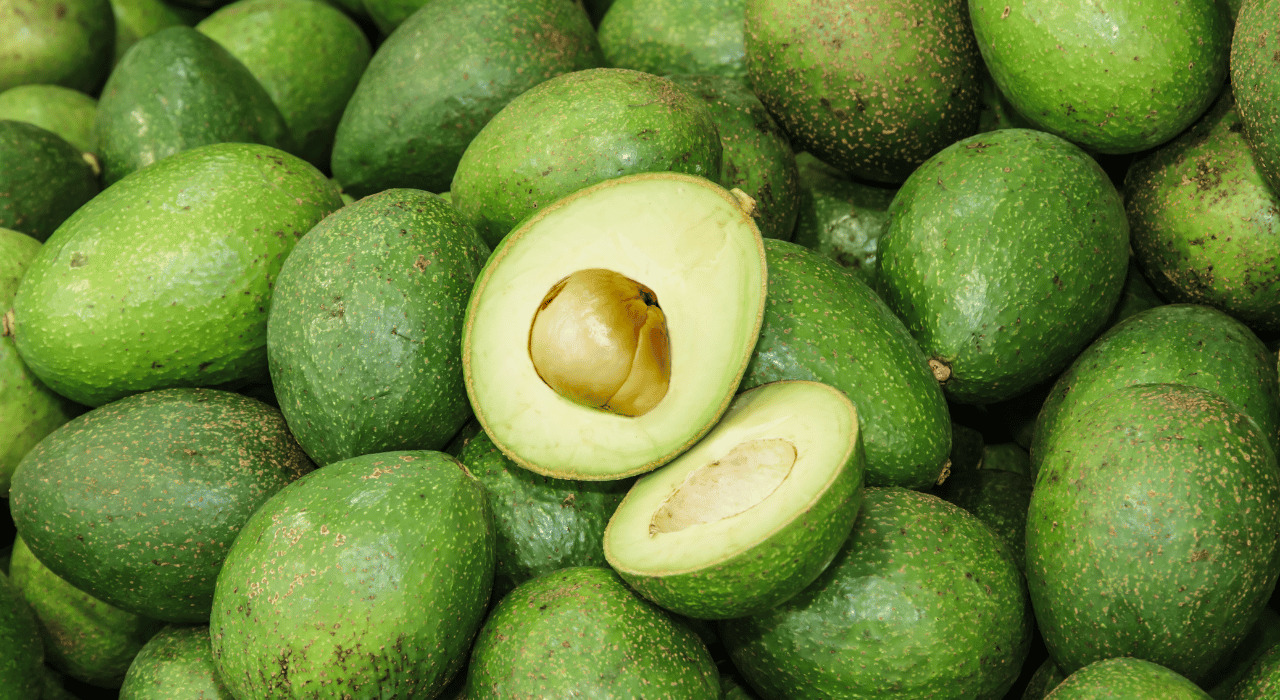
Ever experienced days where you're soaring like a superhero at work, only to find yourself struggling to concentrate the next? The secret might just be on your plate! Discover how the right nutrition can transform your productivity game, fueling your body for success in both work and life. Let's embark on a journey to unlock the magic of nutrition and unleash your full potential!
Have you ever wondered why some days you feel like a superhero at work while it’s a struggle to concentrate on others? Well, the secret might just be on your plate! Eating the right foods isn’t only about keeping fit; it’s also a game-changer for your productivity. Today, let’s dive into how a spoonful of the right nutrition can be a spoonful of productivity!
The Magic of Nutrition in Our Work-Life Balance and Weight Management
Think of your body as a high-performing engine. What you fuel it with determines how well it runs, not just in terms of energy and brain function but also in maintaining effective weight management. Nutrition plays a massive role in our brain function, energy levels, and overall body weight. Choosing foods that provide a steady energy supply rather than a quick sugar rush can keep you alert and productive and help regulate your weight throughout the day. It’s all about that slow-burn energy, like a well-kept fire, rather than a fleeting spark, which is key to sustained performance and weight control.
Dr Omar Babar, the medical director at Healand Clinic in Leicester, adds to this analogy: “Just as a car needs the right fuel to run efficiently, our bodies require a balanced mix of nutrients to function at their best and maintain a healthy weight. The right diet can enhance mental clarity, improve focus, boost energy levels, influence mood, and contribute to a healthy weight.”
This is particularly important in a work environment, where mental sharpness and physical stamina are essential for success. Coupled with other great lifestyle choices, such as a good workout plan, these healthy choices make for a day full of energy, enjoyment, and an effective approach to managing your weight!
By incorporating a balanced diet that includes a variety of nutrients, you can better manage your weight while still fueling your body with what it needs to thrive. Remember, effective weight management is not just about cutting calories; it’s about choosing the right foods that work for your body and lifestyle. You can achieve a harmonious balance supporting your professional productivity and personal health goals with the right nutritional choices.
12 Foods to Boost Nutrition & Productivity
To help you revitalise your workdays, here are 12 superfoods with excellent nutrients to help take you to the next level. Each is packed with specific nutrients designed to boost your energy, sharpen your focus, and elevate your productivity.
1. Almonds
Almonds are a nutrient-dense food, with one serving (about 23 almonds or ¼ cup) providing about 165 calories, 6 grams of protein, 14 grams of fat (mostly monounsaturated), 6 grams of carbohydrates, and 3 grams of fibre. They have been shown to reduce heart disease risk by lowering total and LDL cholesterol and exert anti-inflammatory and antioxidant effects.
Almonds can also support the growth of beneficial gut microbes and, despite being calorie-dense, have been associated with less weight gain and a lower risk of obesity due to their fat and fibre content.
2. Blueberries
Blueberries are rich in flavonoids like anthocyanins, often termed’ brain food’, which can cross the blood-brain barrier to protect brain cells. Studies have shown that blueberries can improve memory and cognitive function in young and older adults. They are also linked to slowing the ageing process and preventing neurodegenerative diseases. Blueberries can also boost mood and decrease the risk of depression. Their neuroprotective effects make them an excellent choice for a mid-morning snack.
3. Salmon
Salmon is rich in omega-3 fatty acids, particularly docosahexaenoic acid (DHA), constituting over two-thirds of the brain’s fatty acids. DHA is essential for proper brain structure and function, protecting neurons, reducing inflammation, aiding neurotransmitter production, and ensuring quick information transfer. As DHA levels in the brain decline with age, regular consumption of salmon, such as two servings per week, is recommended to maintain brain health and reduce the risk of neurological diseases.
4. Leafy Greens
A study in the journal Neurology found that consuming about one serving of green leafy vegetables per day is linked with slower age-related cognitive decline. The study observed older adults and found that those with the highest daily consumption (about 1.3 servings) exhibited a rate of cognitive decline equivalent to being 11 years younger cognitively compared to those with the lowest consumption.
This effect is attributed to the nutrients in leafy greens, such as folate, phylloquinone, nitrate, α-tocopherol, kaempferol, and lutein, suggesting that adding a daily serving of green leafy vegetables can contribute to brain health.
5. Whole Grains
Whole grains are essential for a balanced diet, offering a plethora of health benefits. Rich in vitamins and minerals, they are particularly noted for their high fibre content, which significantly controls cholesterol levels, weight, and blood pressure. This fibre content not only helps lower bad cholesterol and insulin levels but also creates a sense of fullness, aiding in weight management.
Well-known dietary guidelines recommend that half of all grains consumed be whole grains, yet intake remains low. Regular consumption of whole grains is associated with a reduced risk of heart and blood vessel diseases, stroke, type 2 diabetes, and colorectal cancer, making them a vital component of a health-focused diet.
6. Eggs
Eggs have long been recognised as a nutritional powerhouse, especially important for brain health. They are one of the most concentrated sources of choline, a nutrient essential for brain development and function.
The brain utilises choline to create acetylcholine, a neurotransmitter crucial for communication between brain cells and linked to better memory and mental function. Besides choline, eggs are rich in vitamins B6 and B12, which are key to brain health, reducing the risk of dementia, heart disease, and cancer.
They also contain folic acid, which is important for mood and cognitive function, especially in older adults. Apart from boosting eye health, the presence of the antioxidant lutein in egg yolks has recently been found to improve cognition and enhance functions like memory, language, and learning.
7. Greek Yoghurt
Greek yoghurt is a snack for maintaining steady blood sugar levels due to its high protein and natural sugars. This balance helps prevent the rapid spikes in blood sugar associated with high-carbohydrate foods. The protein in Greek yoghurt provides sustained energy and contributes to a feeling of fullness, aiding in weight management.
Additionally, Greek yoghurt is beneficial for gut health, containing probiotics that support digestive health and are closely linked to overall well-being and cognitive function. It’s also a rich source of essential nutrients like calcium and vitamin B12, enhancing its role in a balanced diet.
8. Dark Chocolate
Dark chocolate, a delightful treat, offers more than just taste. It contains caffeine and a rich profile of antioxidants, which are known to enhance brain function. The caffeine content aids in increasing alertness and improving concentration, while the antioxidants help combat oxidative stress in the brain, improving cognitive function and potentially reducing the risk of neurodegenerative diseases.
Dark chocolate is also a mood enhancer, with compounds like theobromine and phenylethylamine boosting serotonin levels in the brain. Additionally, the flavonoids in dark chocolate are believed to improve blood flow to the brain, enhance cognitive abilities, and possibly reduce the risk of stroke.
9. Bananas
Bananas are an excellent snack for a quick energy boost. Known for their high potassium content, they are essential for maintaining proper muscle and nerve function and overall cellular health. The natural sugars in bananas (sucrose, fructose, and glucose) and fibre provide an instant and sustainable energy boost.
This makes them a favourite choice for athletes and fitness enthusiasts. Additionally, bananas contain several essential nutrients, including Vitamin B6, Vitamin C, and manganese, which contribute to overall health and well-being.
10. Avocado
Avocados are a nutrient-dense fruit, rich in healthy fats, particularly monounsaturated fat, which is beneficial for heart health and brain function. The high fibre content in avocados helps keep you full and focused, aiding in appetite regulation and weight management.
They are also packed with essential vitamins and minerals, such as potassium, which surpasses the amount found in bananas, Vitamin K, Vitamin E, Vitamin C, and various B vitamins. Avocados are linked to improved cholesterol levels and have been shown to reduce the risk of heart disease potentially.
11. Water
The importance of hydration for cognitive function and mood cannot be overstated. Dehydration can significantly impact concentration, alertness, and short-term memory. Studies have shown mild dehydration can impair cognitive performance, mood, memory, and motor coordination.
Drinking water has positively affected certain cognitive abilities and mood states, especially in individuals with poor fluid regulation, such as the elderly and children. Maintaining good hydration is essential for optimal brain function and overall mental health.
12. Green Tea
Green tea offers a unique combination of caffeine and L-theanine, which can enhance brain function. While caffeine increases alertness and focus, L-theanine promotes relaxation without causing drowsiness. Together, they work synergistically to improve brain function, including enhanced cognitive abilities, improved mood, and reduced mental fatigue.
The L-theanine in green tea is also thought to moderate the jittery effects of caffeine, making it a more balanced alternative to coffee. Green tea’s cognitive benefits make it a popular beverage for those seeking both a mental boost and a moment of calm.
How to Incorporate These Foods into Your Daily Routine
Transforming your diet for better health and productivity can be simple and tasty! Here’s a quick guide on how to weave energy-boosting superfoods into each meal of your day for optimal health and nutrition:
Breakfast:
- Eggs and Whole Grain Toast: A classic combo, eggs provide protein and choline for brain health, while whole grain toast offers a steady release of energy. Try poached or boiled eggs for variety.
- Greek Yoghurt with Almonds: A bowl of Greek yoghurt is a fantastic source of protein. Add a sprinkle of almonds for a crunchy texture and an extra dose of magnesium. You could drizzle a little honey or add some fresh fruit for a touch of sweetness.
Mid-Morning Boost:
- Fruit Salad: Mix blueberries and banana slices for a refreshing mid-morning snack. The antioxidants from blueberries and the potassium from bananas offer a quick, natural energy boost.
- Avocado Toast: Spread some ripe avocado on whole-grain toast. It’s a simple and satisfying snack that provides healthy fats and fibre, keeping you full and focused until lunch.
Lunch:
- Salmon Salad with Leafy Greens: A salad of mixed leafy greens like spinach, kale, and rocket, topped with grilled or baked salmon, is not only delicious but also packs a punch of omega-3s and essential nutrients. Add some cherry tomatoes, cucumber, and a light vinaigrette for extra flavour.
- Quinoa Bowl: Combine cooked quinoa with a variety of veggies and a portion of salmon or boiled eggs. This can be a hearty and balanced lunch option, providing a good mix of protein, healthy fats, and complex carbs.
Afternoon Snacks:
- Nuts and Seeds: A small handful of mixed nuts or seeds can be an excellent afternoon snack. These are easy to store at your desk and offer a quick energy source and brain-boosting nutrients.
- Dark Chocolate: For those moments when you crave something sweet, a small piece of dark chocolate can satisfy your craving and provide a burst of antioxidants.
Hydration:
- Green Tea: Swapping your afternoon coffee for green tea can provide a gentler caffeine kick, along with L-theanine, which promotes relaxation without drowsiness. It’s a great way to stay alert and calm.
- Water: Keeping hydrated is crucial. Aim to drink water throughout the day. To make it more interesting, add slices of lemon, cucumber, or mint for a refreshing twist.
Dinner:
- Grilled Salmon and Veggies: For dinner, try grilling salmon and serving it with steamed or roasted vegetables. This meal is nutritious and light enough to ensure you don’t go to bed feeling too full.
- Stir-Fried Greens with Tofu or Chicken: If you’re looking for variety, a stir-fry with your favourite greens and a protein source like tofu or chicken can be a delicious and healthy end to your day.
Bedtime:
- Herbal Tea: Opt for herbal tea like chamomile or peppermint in the evening. It can help relax your body and mind, promoting a good night’s sleep, essential for productivity.
Incorporating these foods into your daily routine doesn’t have to be a chore. With a bit of planning, you can enjoy various tasty meals and snacks that satisfy your taste buds and boost your productivity and overall well-being. Remember, it’s about making small, sustainable changes that add up to a big difference!
Wrapping Up
Incorporating these foods into your diet can be a simple yet effective way to increase your energy and improve your focus at work. It’s not just about eating; it’s about fuelling your body with the right nutrients for optimum productivity. So next time you’re feeling sluggish, remember the power to change how you feel and perform is on your plate!




